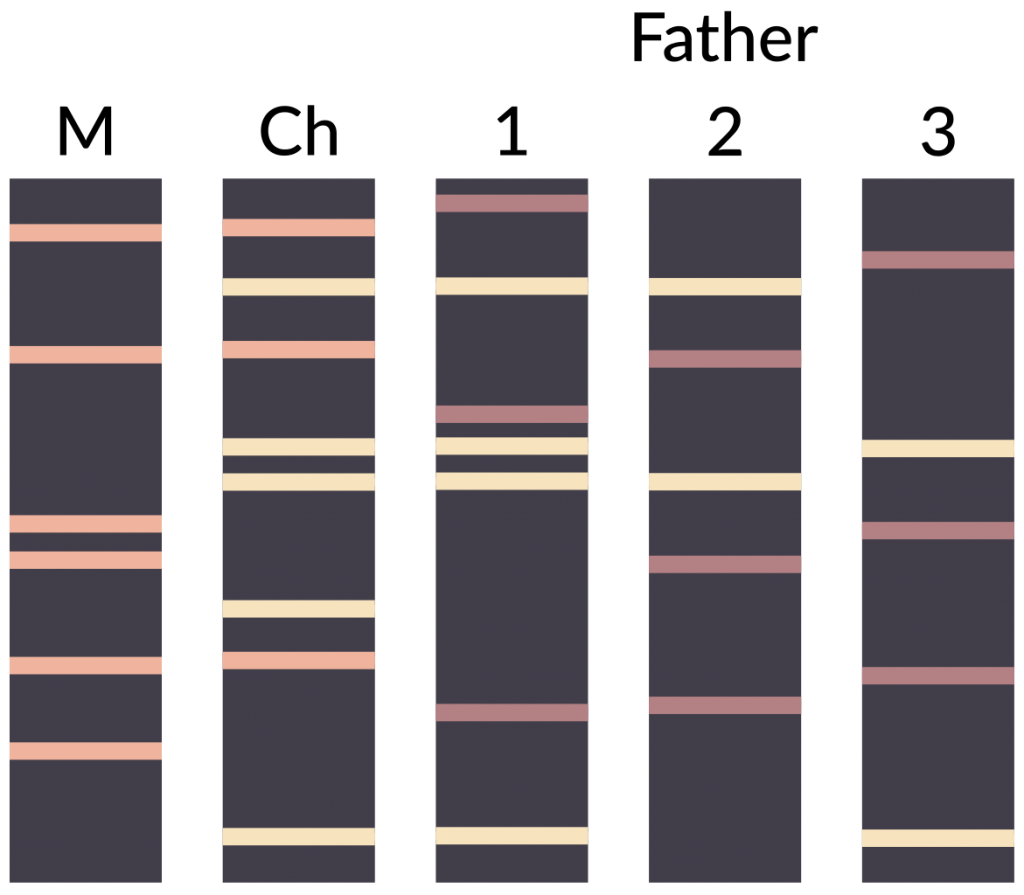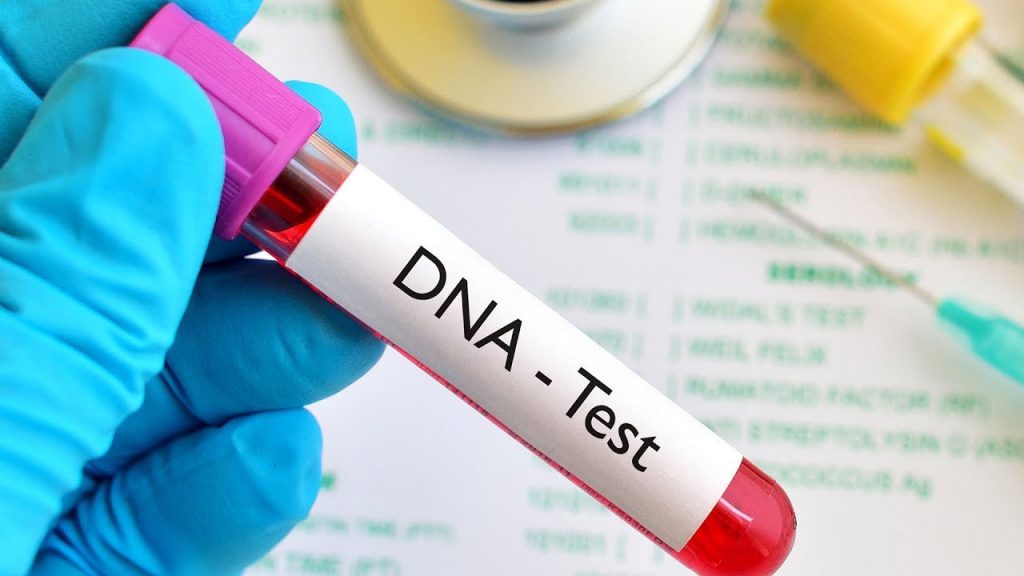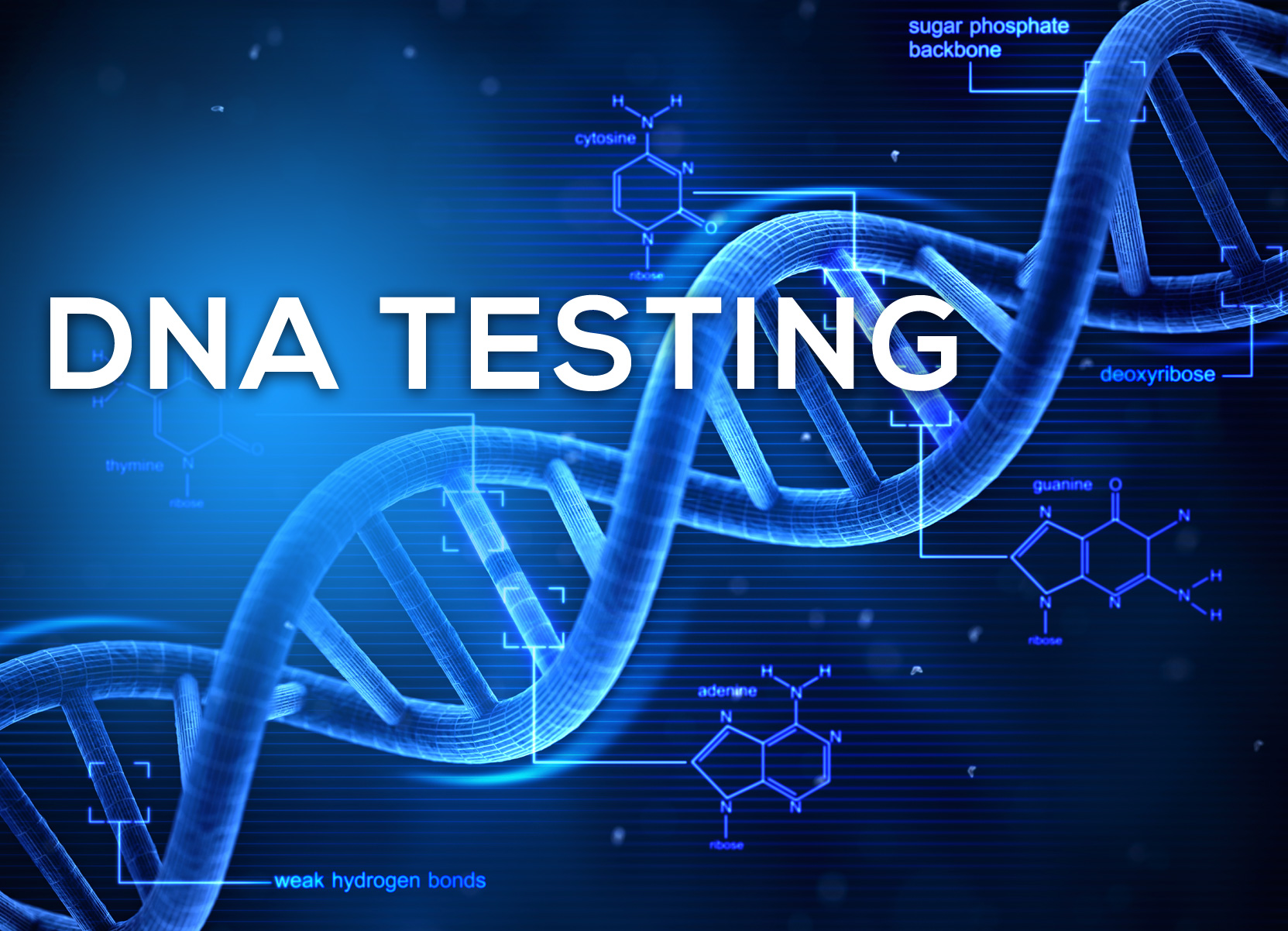DNA testing is a controversial technology. It has been used as conclusive evidence in countless court cases. It has liberated many incarcerated criminals and convicted many more. It has identified fathers, mothers and siblings. It is highly sensitive and tamper-proof. As DNA exists throughout the body, any tissue can be analyzed. On the other hand, there are downsides to DNA testing, including civil liberty infringements resulting from individuals who are analyzed without agreeing to testing and the storage of DNA profiles on innocent people. Also, although DNA is extremely accurate, there is concern that trace amounts of DNA in a crime scene can falsely implicate an innocent person.
This article looks to shed some light on the various uses of DNA in civil and criminal cases.
Forensic Tool
DNA is the most precise and technologically advanced method of identifying criminals and victims. It has replaced fingerprinting as the most accurate method of identification. While it can take several weeks before results of a DNA test are available, in most cases, conclusive results are within millionths of a percent of being 100 percent accurate. In cases where victims are unidentified, a match of DNA can give the victim an identity. More commonly, however, it is used to pinpoint criminals such as rapists and murderers who leave DNA evidence at the scene of a crime.

Paternity & Family Issues
DNA testing can effectively determine the identity of a child’s father. By testing the mother, alleged father and child, patterns can be identified that determine the likelihood of paternity. These tests are considered 99.99 percent conclusive and are legally viable in establishing paternity and child support orders. DNA testing can also be used to identify other family members, such as twins who were separated at birth or cousins seeking confirmation for genealogical research. It can also establish twin zygosity, which shows whether twins are identical or fraternal. In rare instances (approximately one dozen cases per year), hospitals can confuse children and give parents the wrong babies. In this case, maternity testing can identify which child belongs with which mother.
Versatility
All body tissue contains DNA. A test can be performed on blood, hair, skin cells or any other available tissue without losing reliability. At crime scenes, this is a valuable facet of DNA testing. Since DNA is unaffected by outside contaminants such as acids, bases or other chemicals, a person cannot alter the results of their DNA test. Even tests that use DNA from cells inside the mouth are unaltered by eating or drinking.
Civil Liberties
Countries around the globe have addressed concerns that DNA testing is an infringement of civil liberties. In Britain police can gather DNA samples from anyone arrested for a recordable offence. Because of this, Britain has the largest DNA database in the world. Germany, the UK and Australia have passed or are considering passing laws restricting paternity testing. These laws require all concerned parties to consent before DNA can be gathered to settle paternity disputes. It also bans gender determination of fetuses, testing for disease predisposition and gene testing by employers and insurance companies. In the United States, DNA samples can exist in databases permanently. The majority come from convicted criminals, but many come from people who have been exonerated or proven innocent. Because DNA tests can be conducted on any body tissue, individuals do not necessarily have to consent to DNA testing in order to be tested. It is because of this that civil liberty organizations are concerned opponents of DNA testing and data storage.

Data Confusion
There is concern from some sources that an innocent person could be convicted of a crime because of inaccurate DNA testing. This is a common refrain in courtrooms where defense lawyers are faced with unfavorable DNA evidence. According to their claims, a crime scene could be analyzed in such a way that trace amounts of DNA from an uninvolved person could be tested and identified, implicating the uninvolved individual without identifying the true criminal. Because these tests are considered so precise, voicing this unsubstantiated concern is one of few avenues of recourse for defense lawyers and defendants in a courtroom.
What are your opinions on DNA testing? Share them in the comments below.

